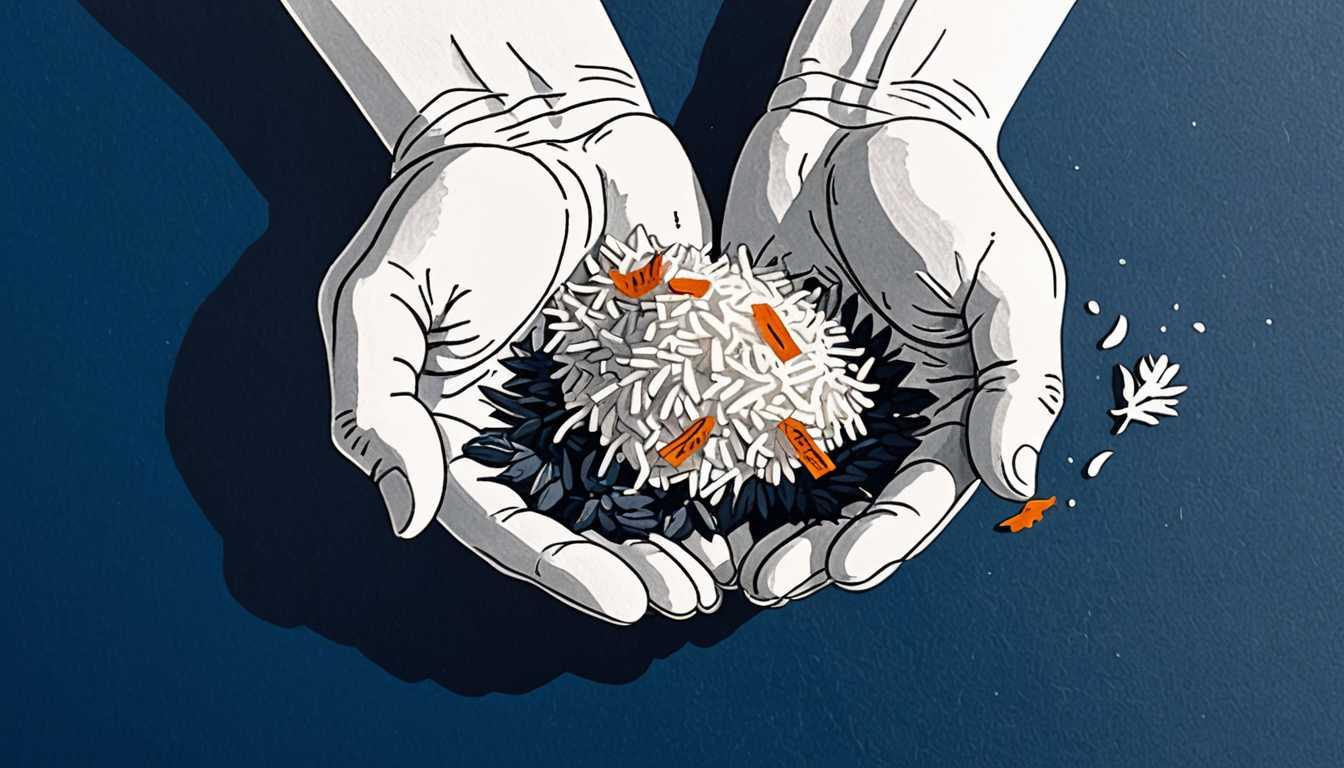Eggs-emplary Farming: Kipster's US Journey
March 2023
World Wildlife Fund
Introduction
Imagine a world where chickens strut around, munching on surplus food, and laying eggs in a carbon-neutral, circular farm. Sounds like a utopian novel, right? Wrong! This is the real deal brought to you by Kipster, a Netherlands-based egg producer making waves in the US. With the World Wildlife Fund's spotlight, Kipster shows us how to do business without ruffling feathers—focusing on animal welfare, carbon neutrality, and smashing the myth that sustainability and profitability can't go hand in hand. Dive into this egg-citing case study and get inspired!
READ FULL ARTICLEWhy It Matters
Discover how this topic shapes your world and future
Cracking the Code of Sustainable Eating
Imagine a world where every egg you eat contributes to a healthier planet. That's the vision behind the circular business model for egg production, like the one Kipster is pioneering. This approach is shaking up the traditional way of producing animal protein by aiming for carbon neutrality, prioritizing animal welfare, and creatively using surplus food as animal feed. It's not just about making a profit; it's about proving that businesses can thrive without harming the planet. This matters because it challenges the status quo, offering a glimpse into a sustainable future that respects our environment and animal companions. For you, this could mean healthier food choices, a cleaner planet, and the inspiration to think differently about how even the smallest actions can have a big impact.
Speak like a Scholar
Circular Business Model
A business strategy that minimizes waste and makes the most of resources. It's like a circle where everything is used and reused, instead of a straight line that ends with throwing things away.
Carbon Neutrality
Achieving a balance between emitting carbon and absorbing carbon from the atmosphere. It's like making sure that whatever carbon footprint you leave behind, you also find a way to erase it.
Animal Welfare
The well-being of animals. It's about ensuring that animals lead healthy, comfortable lives without unnecessary suffering.
Surplus Food
Food that is still good to eat but might otherwise be wasted. This could be extra food from restaurants, supermarkets, or farms that can be repurposed instead of thrown away.
Net-Zero Impact
A goal to completely offset the negative effects one might have on the planet, especially in terms of carbon emissions. It's like cleaning up after yourself so perfectly that it's as if you didn't make any mess at all.
Transparency
Openness in business practices. It's like playing a game where everyone can see the rules and how you're playing, ensuring fairness and trust.
Independent Research Ideas
Comparative Study of Circular vs. Linear Business Models in Agriculture
Dive into the differences, benefits, and challenges between circular and traditional linear business models within the farming industry. It's like comparing two recipes to see which one makes the best cake.
The Impact of Carbon Neutrality on Animal Farming
Investigate how striving for carbon neutrality affects the way animals are farmed, the environment, and the economy. This could reveal new ways to farm that are good for both the planet and our pockets.
Psychological Effects of Animal Welfare Practices on Consumers
Explore how knowing that animals are treated well affects people's buying choices and mental health. It's like finding out if happier chickens make for happier humans.
Utilizing Surplus Food in Animal Feed
Examine the benefits, challenges, and nutritional impacts of using surplus food as animal feed. This could change the way we think about food waste and animal diets.
The Role of Transparency in Consumer Trust and Sustainability
Study how being open about business practices influences consumer trust and promotes sustainability. It's like showing that honesty really is the best policy, especially when it comes to protecting our planet.
Related Articles

Farming: Our Climate's Future
May 2020
McKinsey & Company

Animal Welfare: The Silent Crisis
August 2021
Centre for Effective Altruism

Water Wasted: The Hidden Cost of Food Waste
November 2015
Smithsonian Magazine

Seaweed: The Ocean's Green Guardian
January 2023
Popular Science

Cracking the Soft-Shell Crab Mystery
August 2010
Smithsonian Magazine